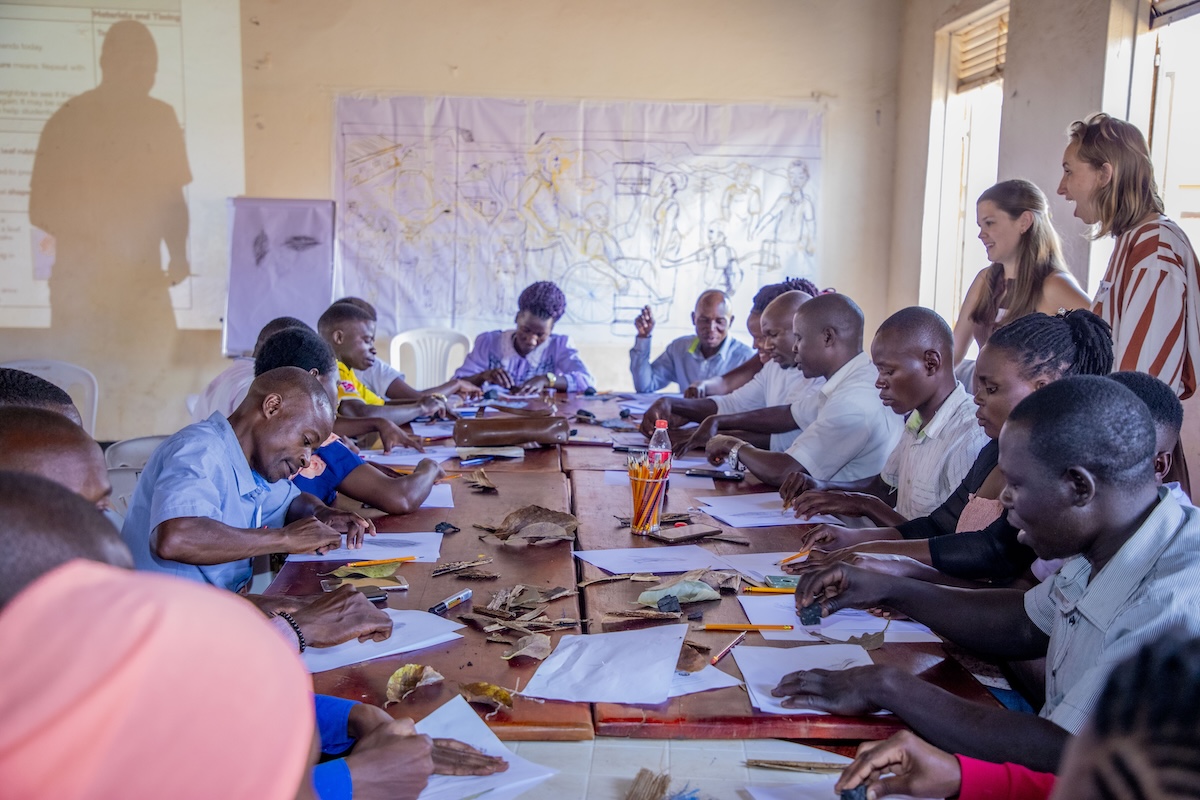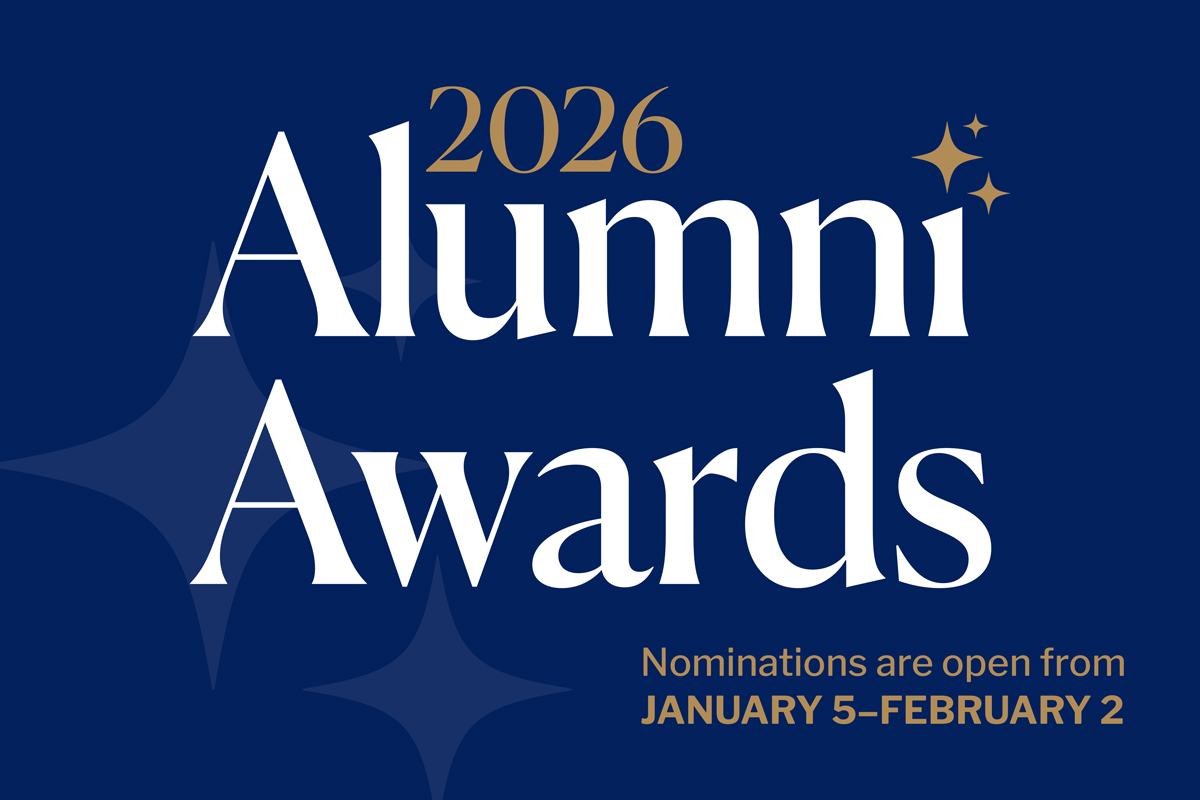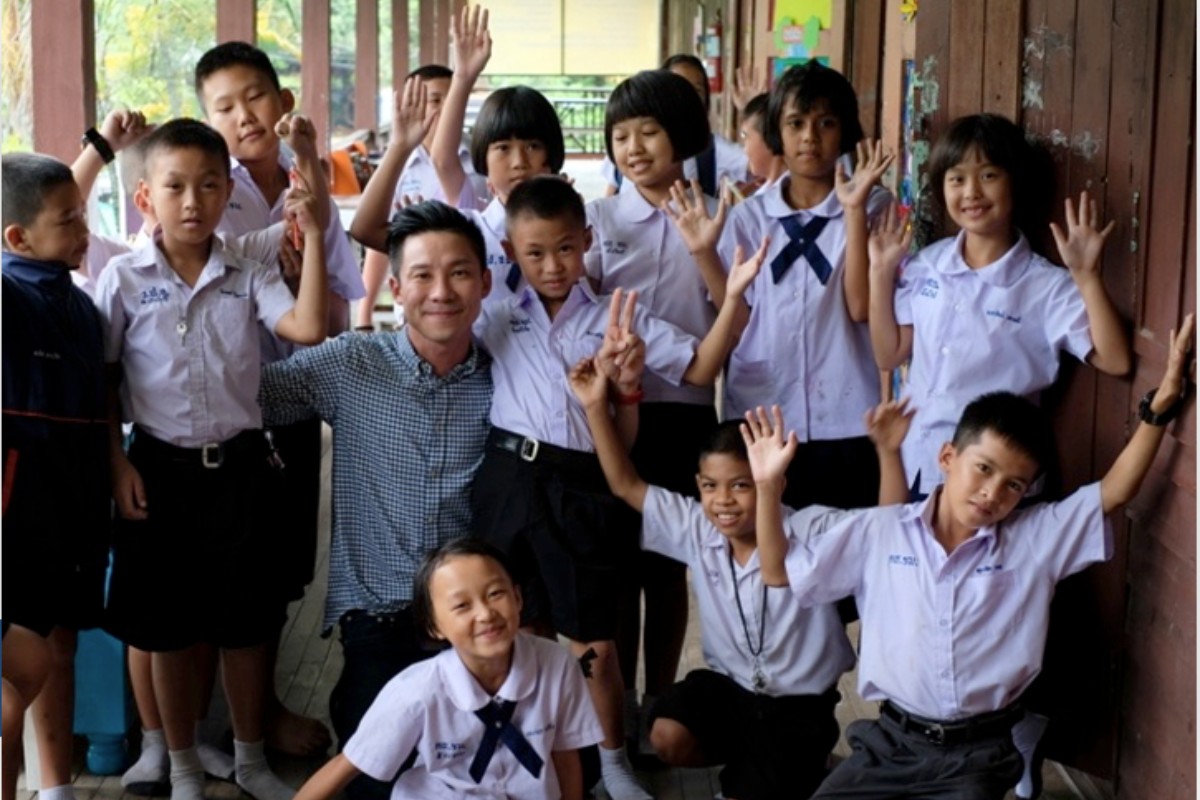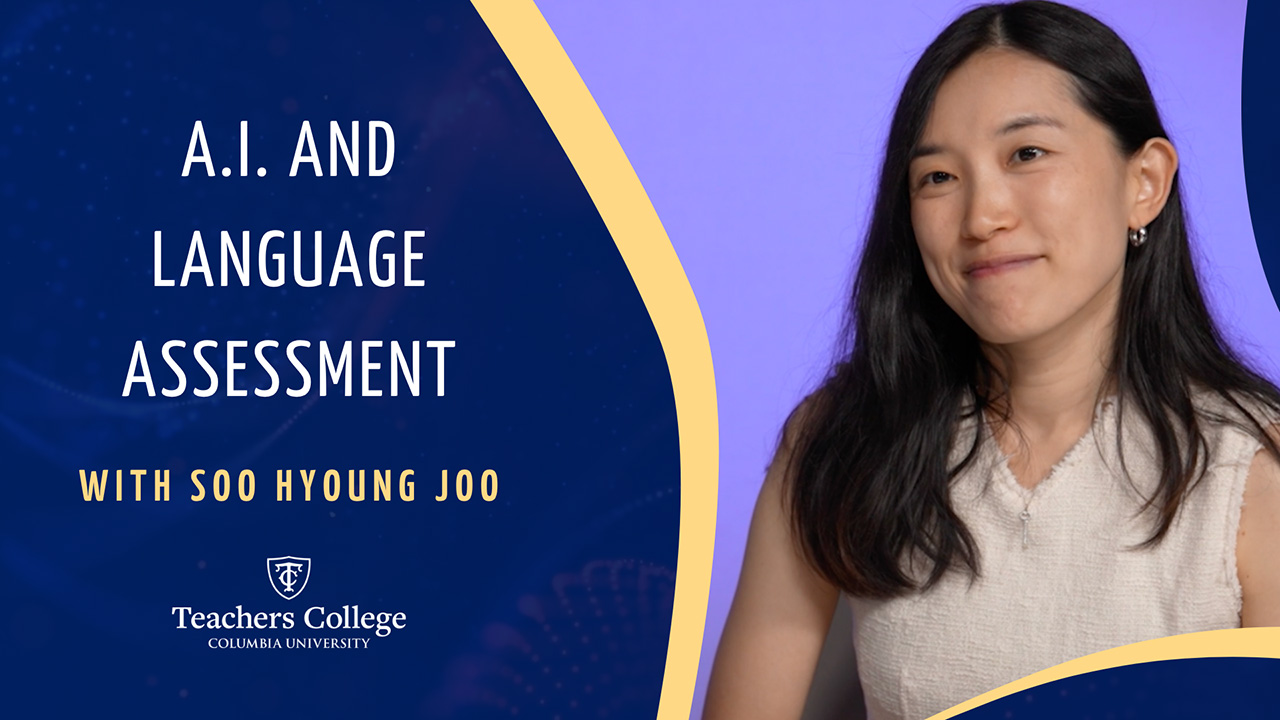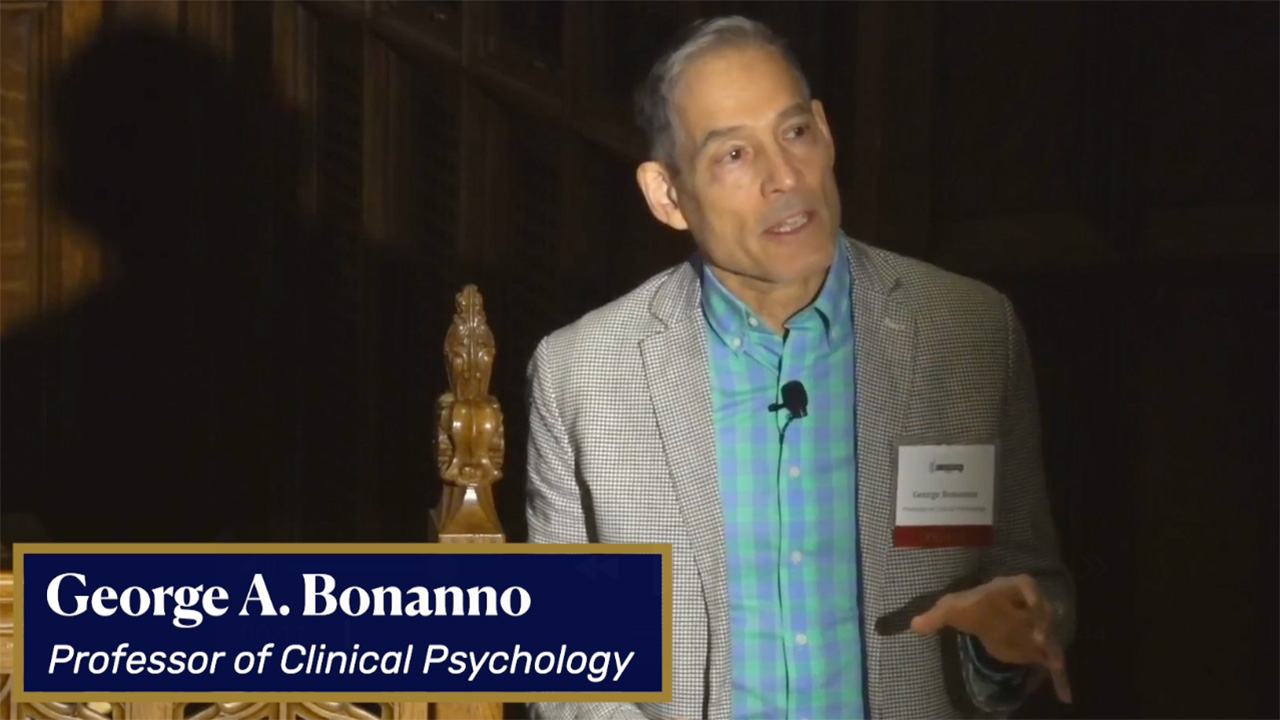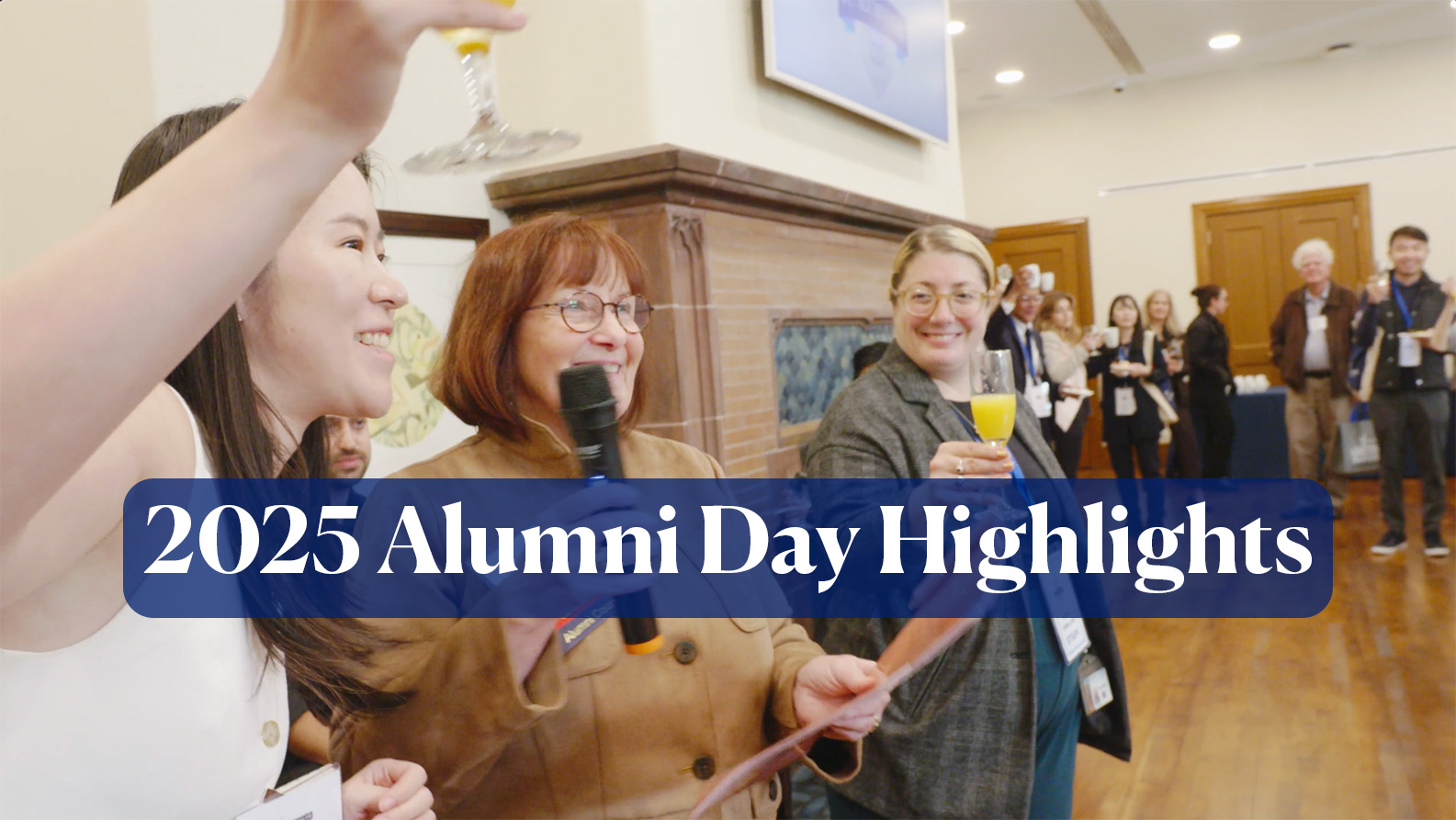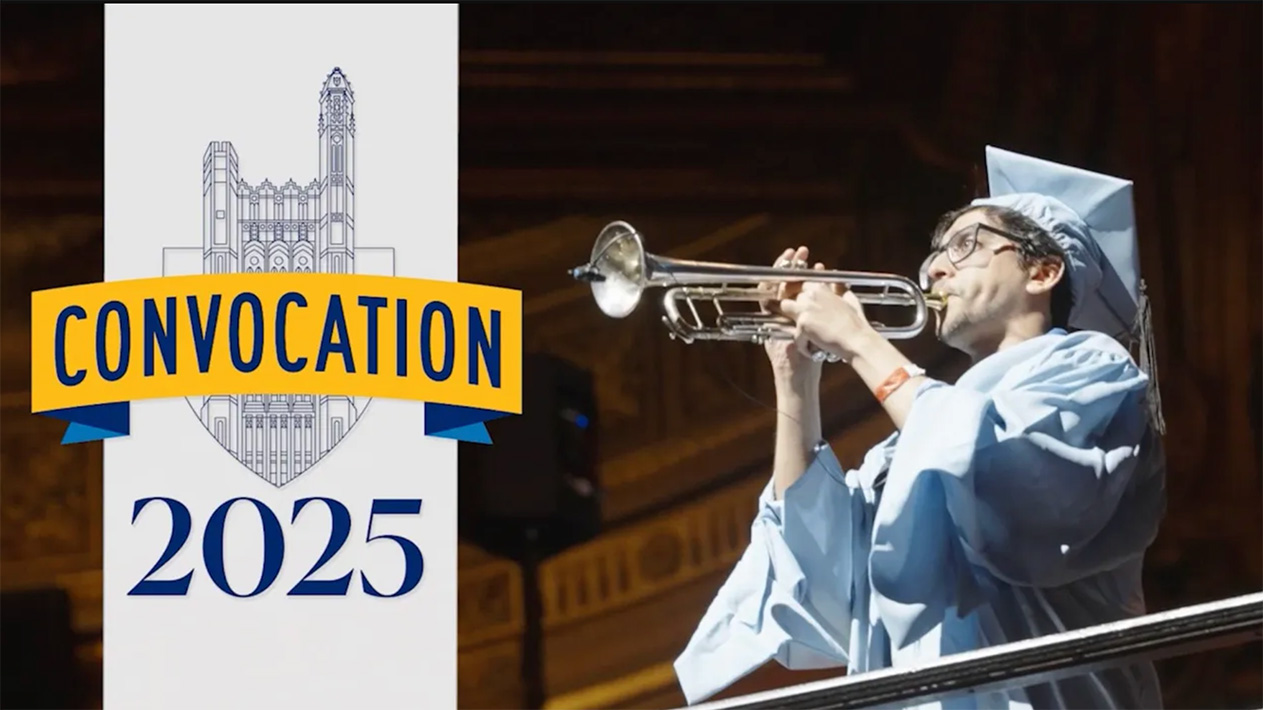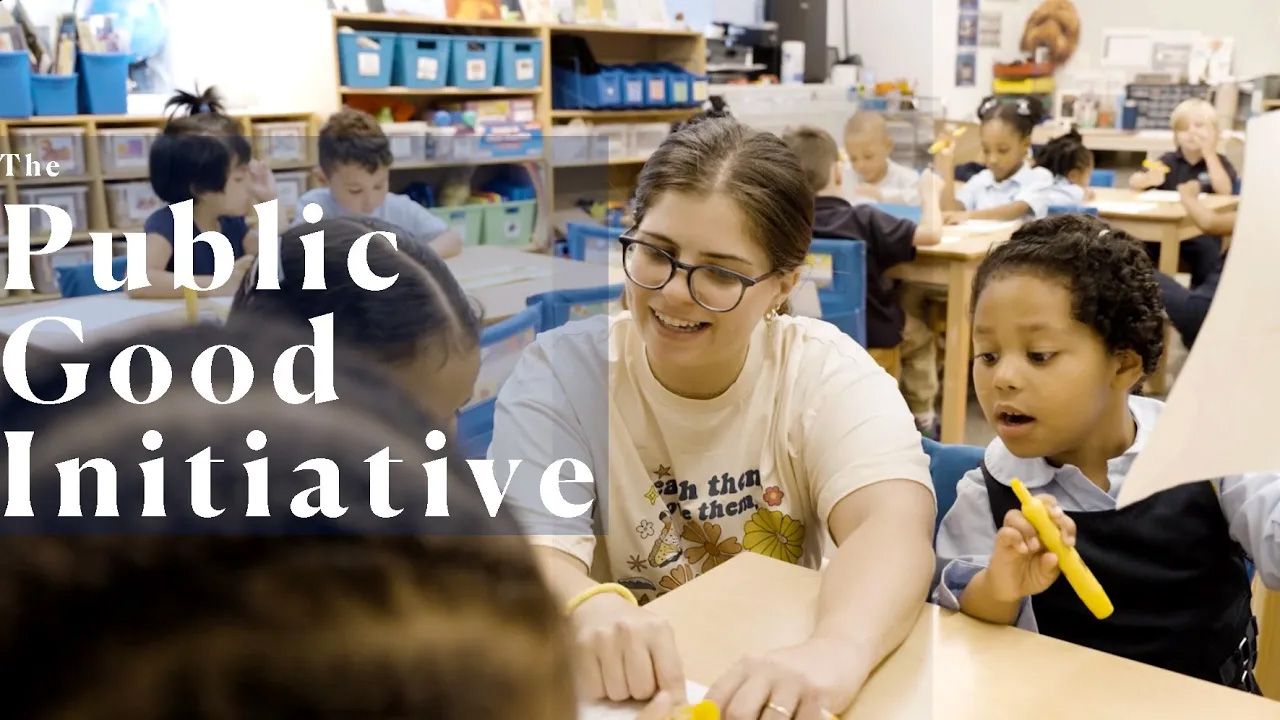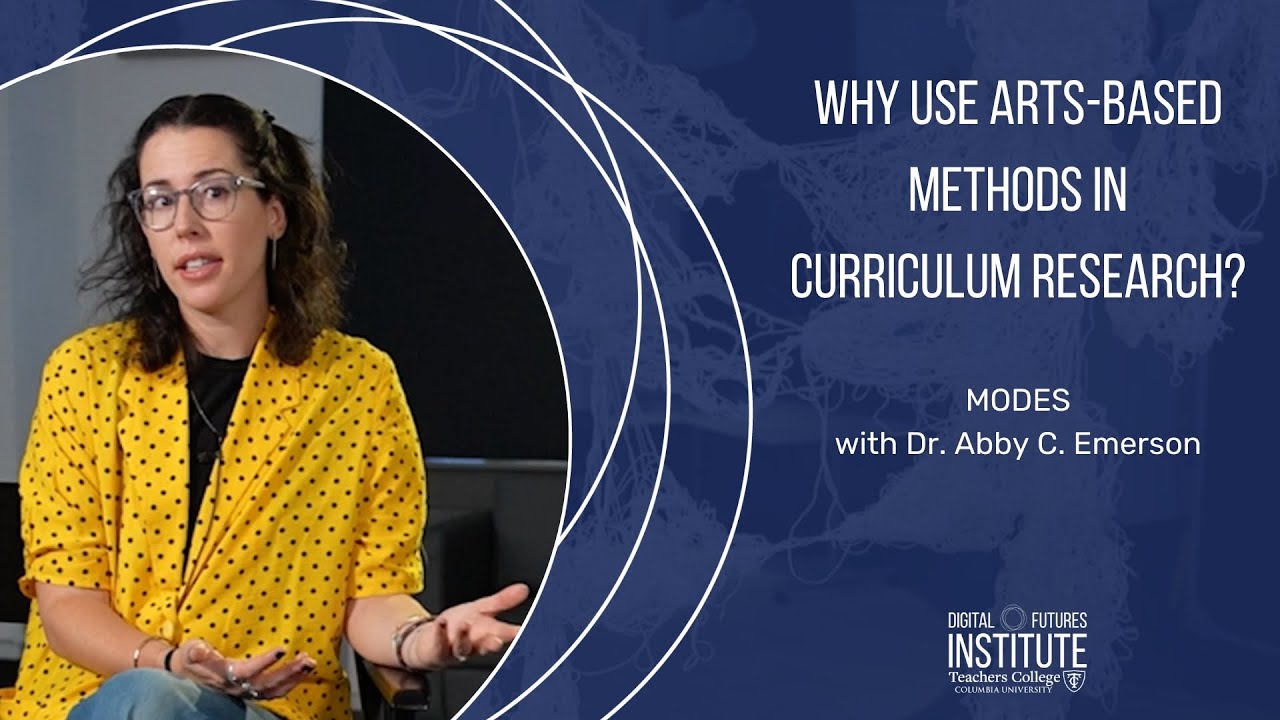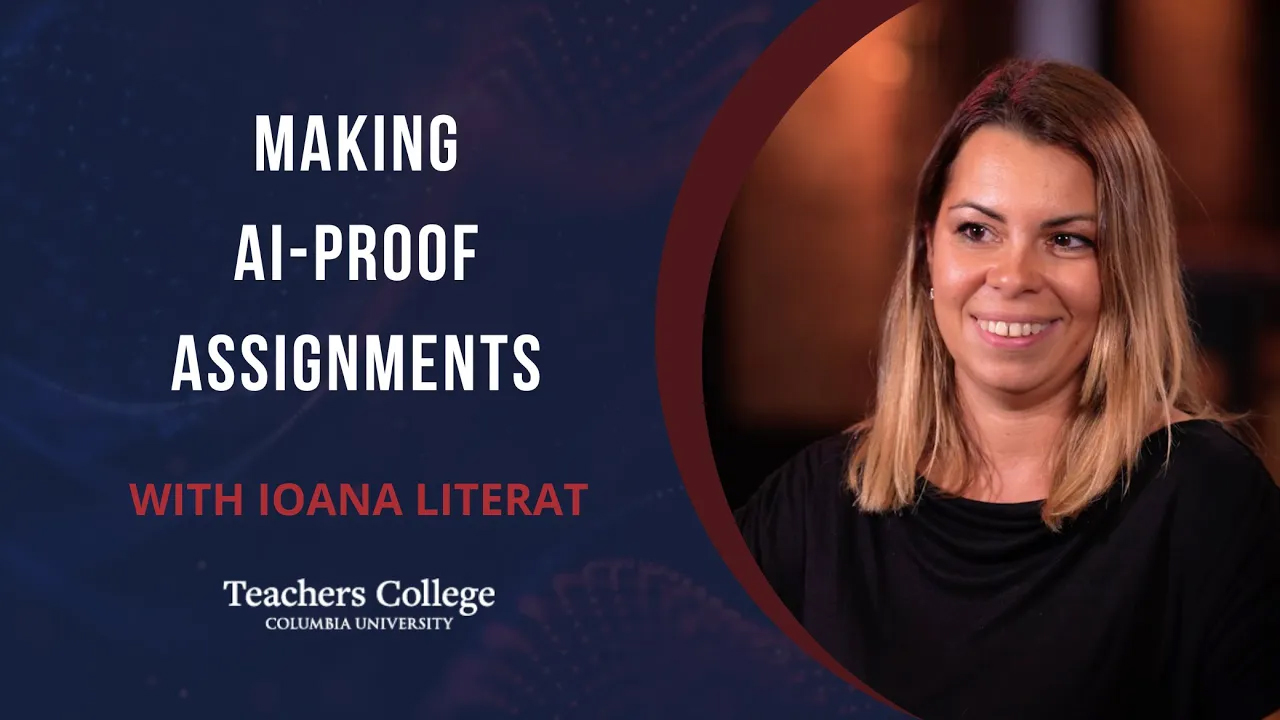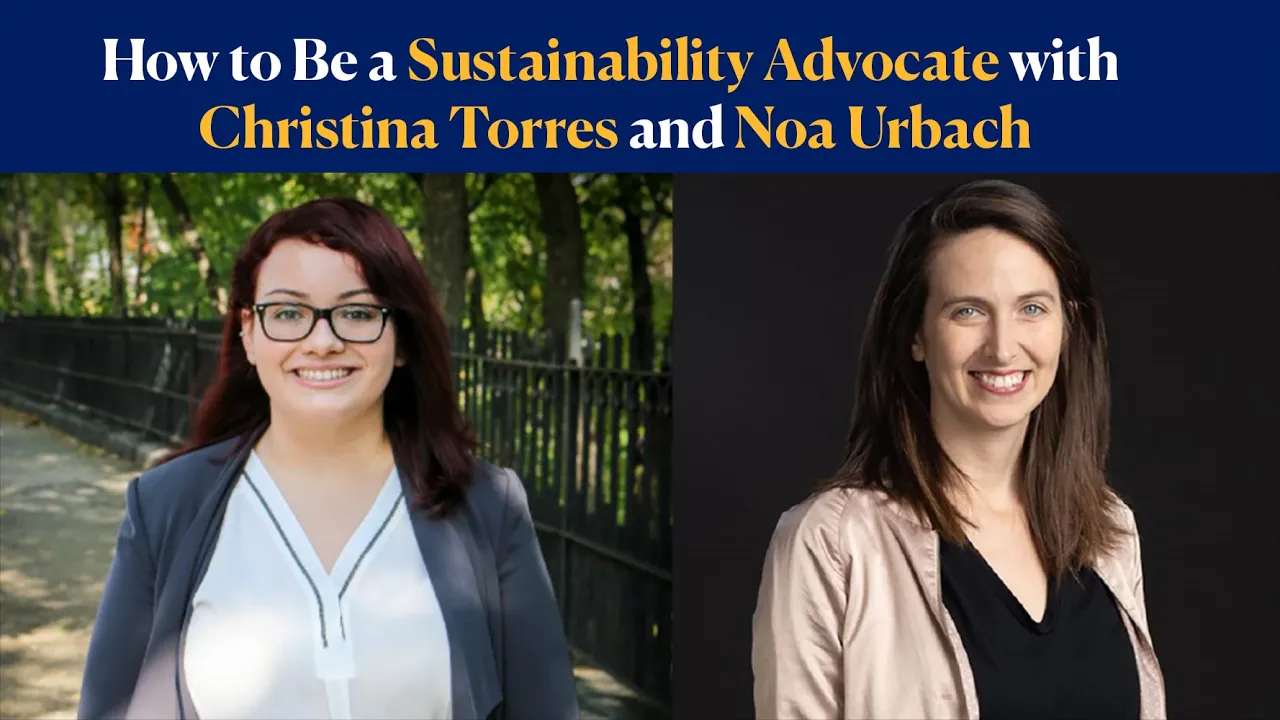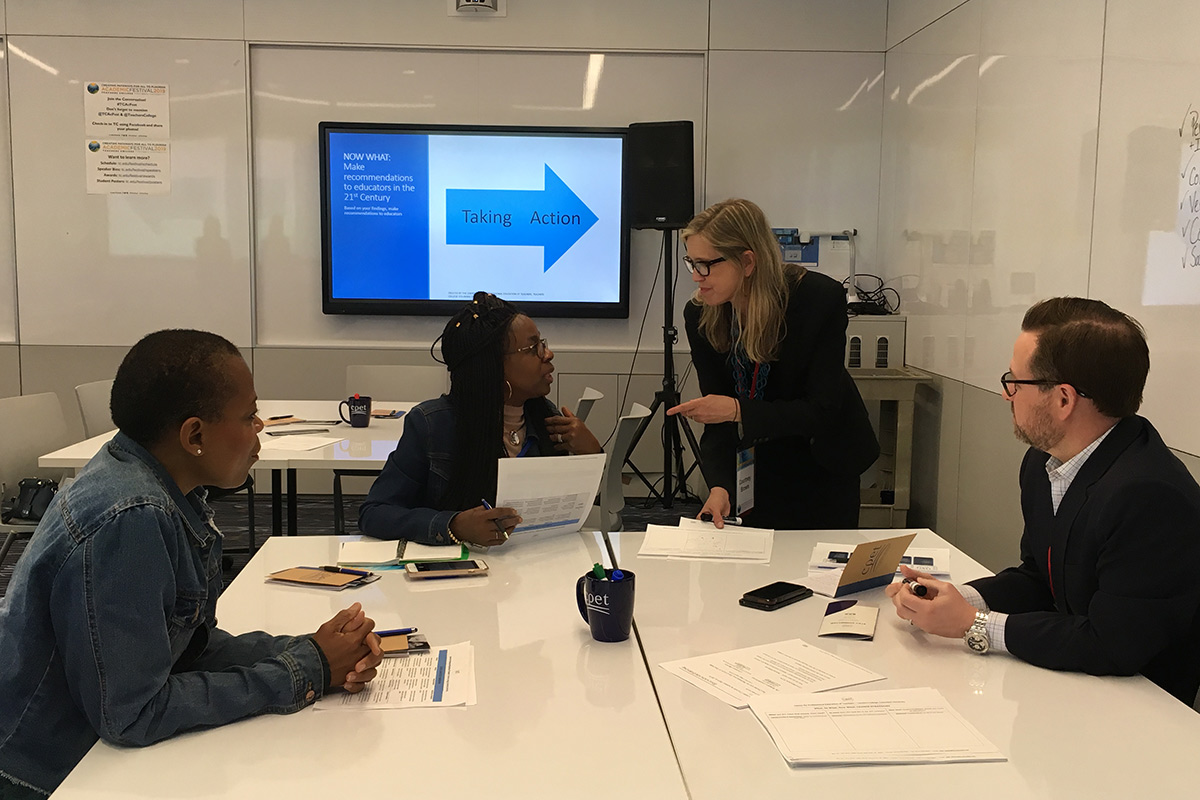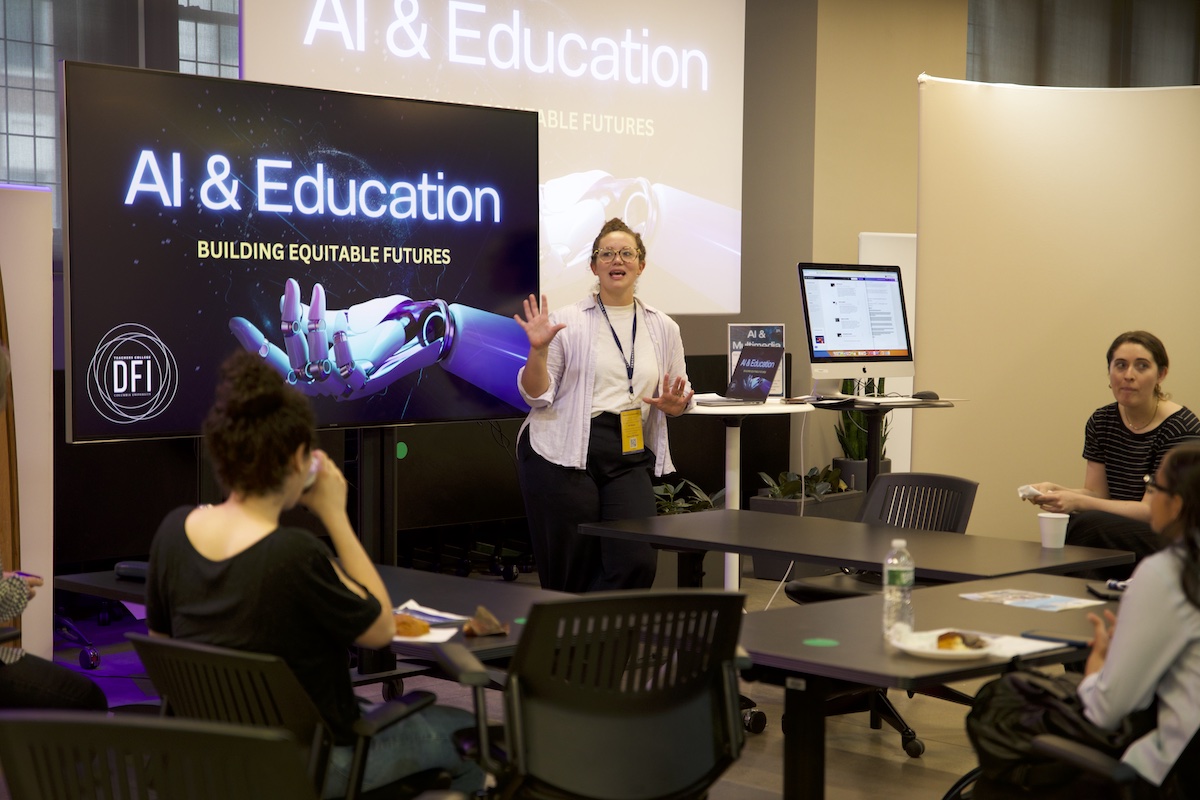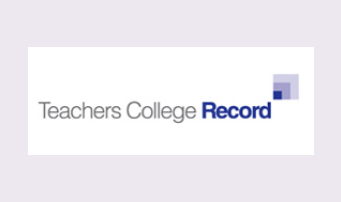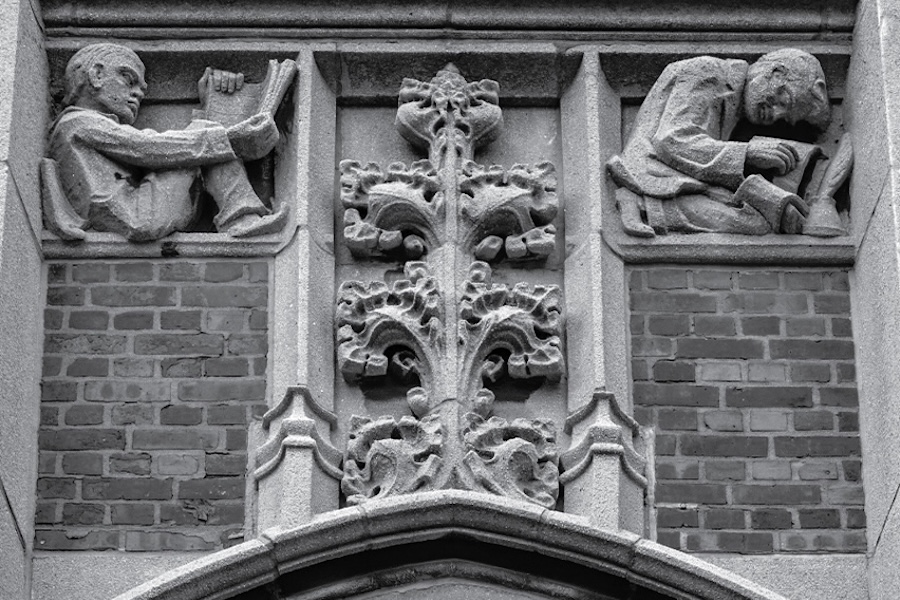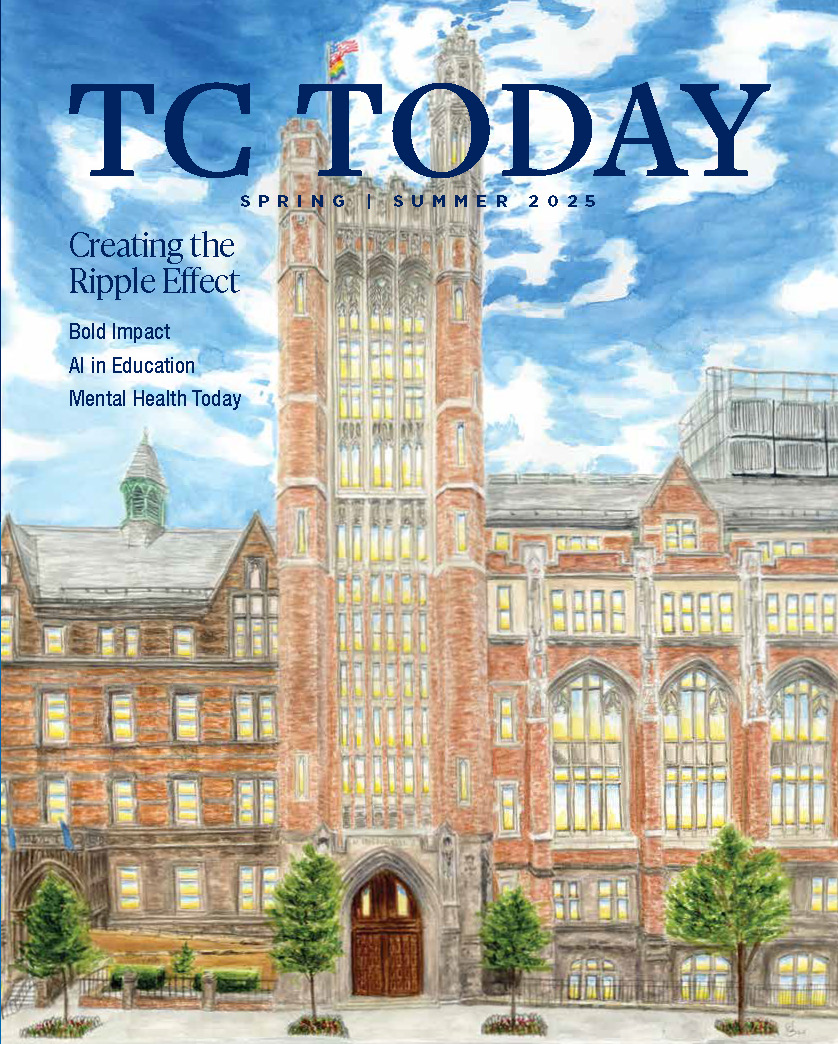Recent Articles
Background Image: Teachers College Russel Hall Ceiling Arch
Through this presidential priority, our researchers, scholars and students are collaborating with each other, communities and leaders to solve some of the most pressing issues of our time across education, health and psychology.
Featured Media
Community College Research Center Mixed Methods Blog
Insights and research on the impact of COVID-19 on community colleges and more
Center for Professional Education of Teachers (CPET)
Making excellent and equitable education accessible worldwide
Digital Futures Institute (DFI)
An interdisciplinary hub for digital innovation
The Hechinger Report
Covering Innovation & Inequality in Education
Teachers College Record
The Voice of Scholarship in Education
Annual Report
The Teachers College Annual Report
TC Today
The magazine of Teachers College, Columbia University
building closeup with TC plaque
Stay Connected
Get actionable solutions and bold expert insights for true change.
Straight to your inbox.


is produced by Marketing & Communications, which develops communications to support the Teachers College community.
Join us in creating a smarter, healthier, and more equitable world.
